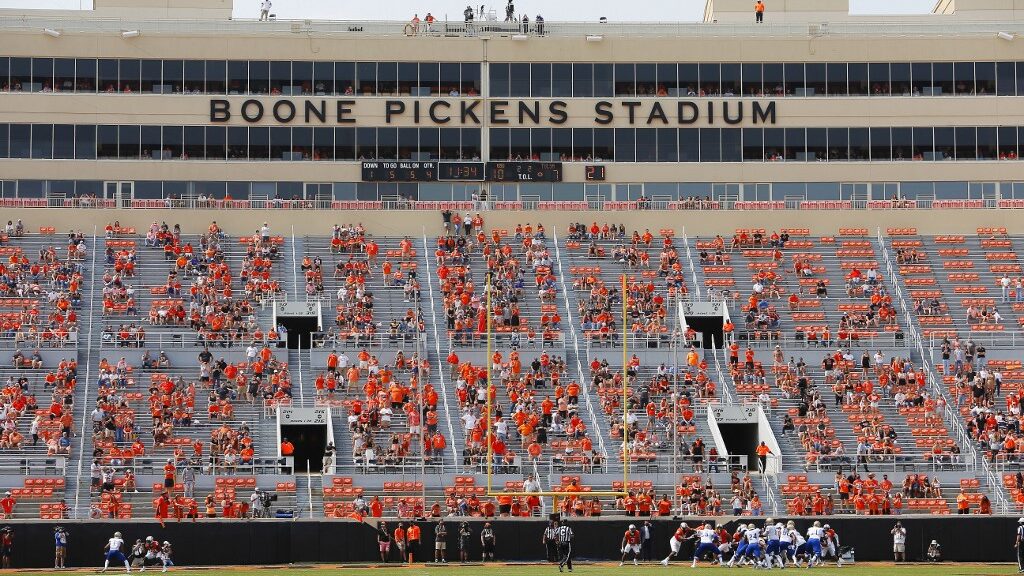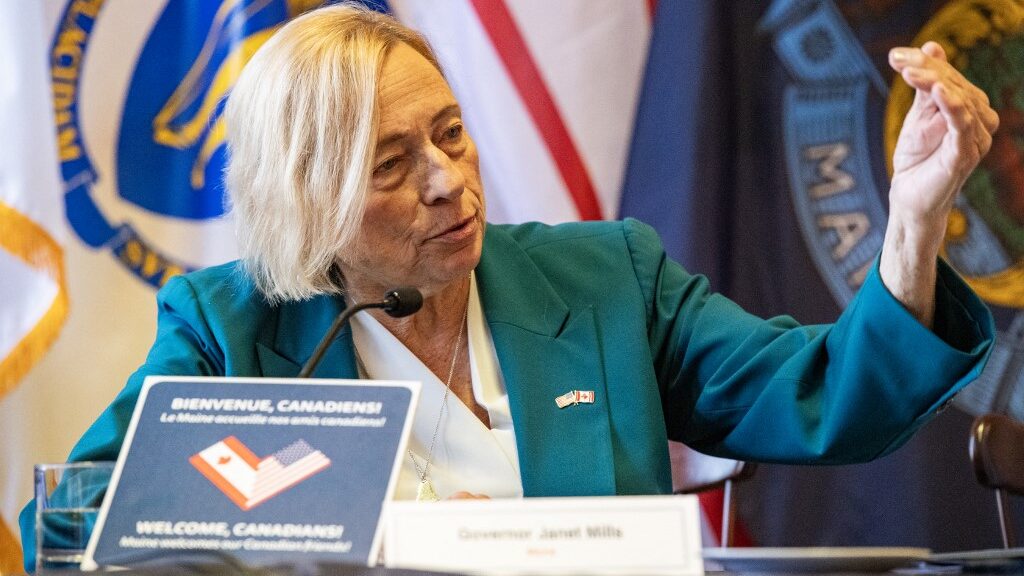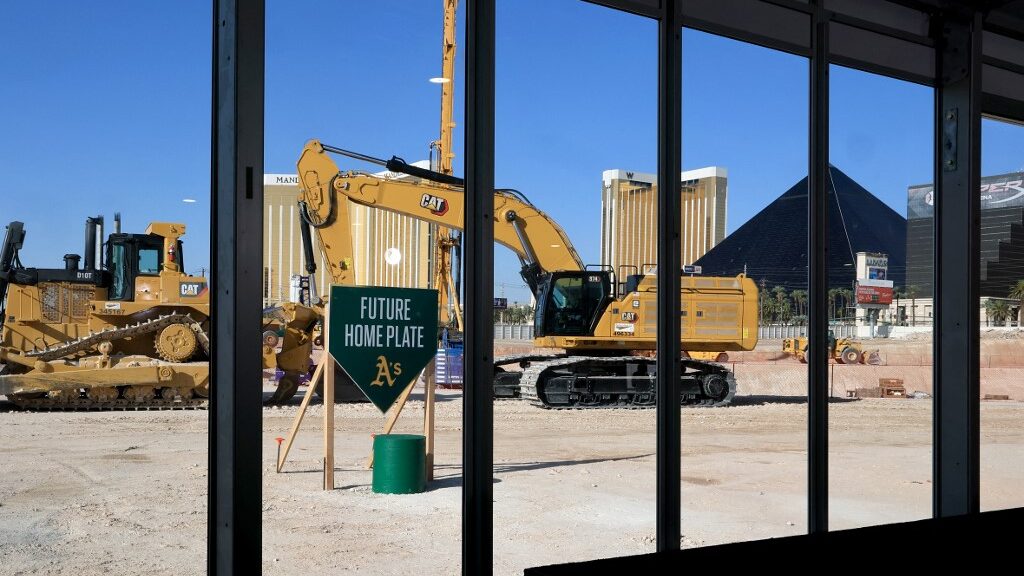
When it comes to legalizing sports betting, it appears that the winds of change are not sweeping down the plain in Oklahoma.
The latest Oklahoma sports betting bill, HB 1027, successfully navigated its way through the House and landed in the rules committee over a year ago. Despite this progress, the legislation has remained stagnant, according to Coleman. The delay is due to the need for certain arrangements to be finalized, which will instill confidence in leaders to advance it to the Senate floor.
Rep. Ken Luttrell and Sen. Bill Coleman co-sponsor the bill. Despite the lack of progress, Coleman remains hopeful. He told Yogonet: “We’re still trying to push forward, I would imagine myself and or Representative Luttrell will follow a similar bill next year to see if we can get an agreement between the tribes and the state,” said Coleman.
What’s at the Core of HB 1027?
HB 1027 leaves it up to the tribes to decide whether or not to offer sports betting at their casinos. This bill is not prescriptive and respects the tribes’ autonomy in deciding whether to offer sports betting based on their interest. However, it would require at least four tribes to update their compacts with the state to include sports betting. If enacted, it would allow those tribes to open in-person sportsbooks and partner with online sports betting operators.
The revenue-sharing model proposed in HB 1027 is more favorable to tribal casinos when compared to a previous bill (HB 3008) that did not make it out of the House. The revenue-sharing structure under HB 1027 is tiered as follows:
- 4% of the first $5 million in annual gross revenue from sports betting
- 5% of the next $5 million in adjusted gross revenue
- 6% of all subsequent adjusted gross revenue
This applies to both retail and mobile sports betting. The Quapaw Nation is the only tribe in Oklahoma currently offering a mobile sports betting app. However, they are limited to offering sports betting in Arkansas at the Saracen Casino Resort and online, at the moment.
What’s Holding Up the Process?
The holdup may be because of Oklahoma Governor Kevin Stitt’s request for the state’s Horse Racing Commission to oppose the automatic renewal of casino gaming compacts, which are set to expire in 2034. This request follows a controversial event in 2019 where the state renewed its Model Tribal Gaming Compact. This renewal caused legal arguments and a close examination of the industry.
To prevent a recurrence of the current situation in ten years, Stitt has proposed a solution to the Horse Racing Commission. He has drafted a resolution that outlines the commission’s plan to ensure that no agreements under the Model Gaming Compact will renew automatically.
Despite convening recently, the Horse Racing Commission did not take immediate action on the resolution.
Governor’s Alternate Plan Opposed by Many
Another factor potentially slowing down the process is Governor Stitt’s own plan, outlined in Senate Bill 1434, introduced by Sen. Casey Murdock. This plan has drawn criticism from the tribes due to its proposed tax rates. It stipulates a 15% tax rate for in-person sports betting offered by tribes and a higher 20% tax rate for statewide online sports betting through the Oklahoma Lottery.
The complexities of tribal-state relations present significant hurdles in the path to legalizing sports betting in Oklahoma. As both legislators and tribal leaders strive to find a middle ground amidst these contentious negotiations, the outcome is still up in the air.
If the winds pick up, we’ll let you know.















